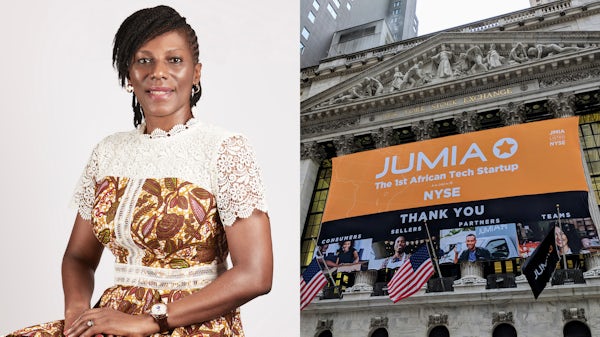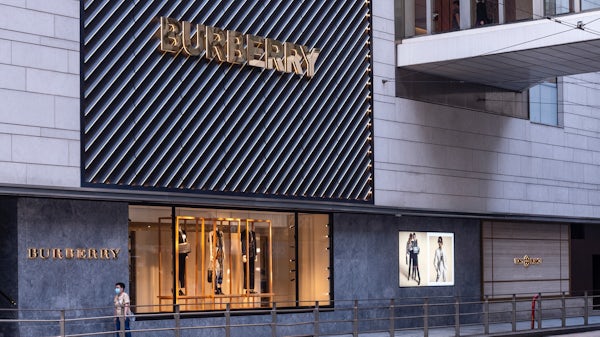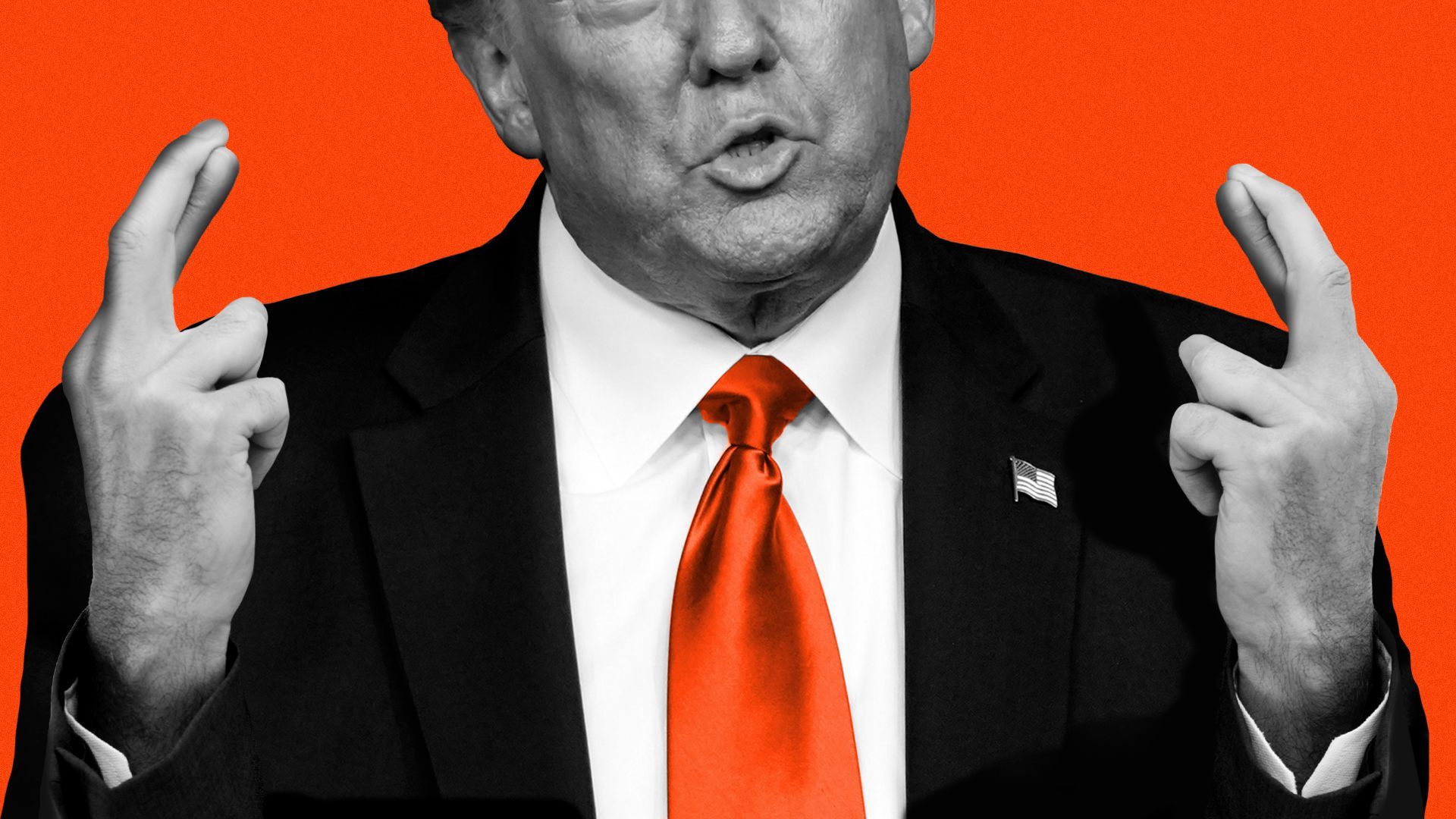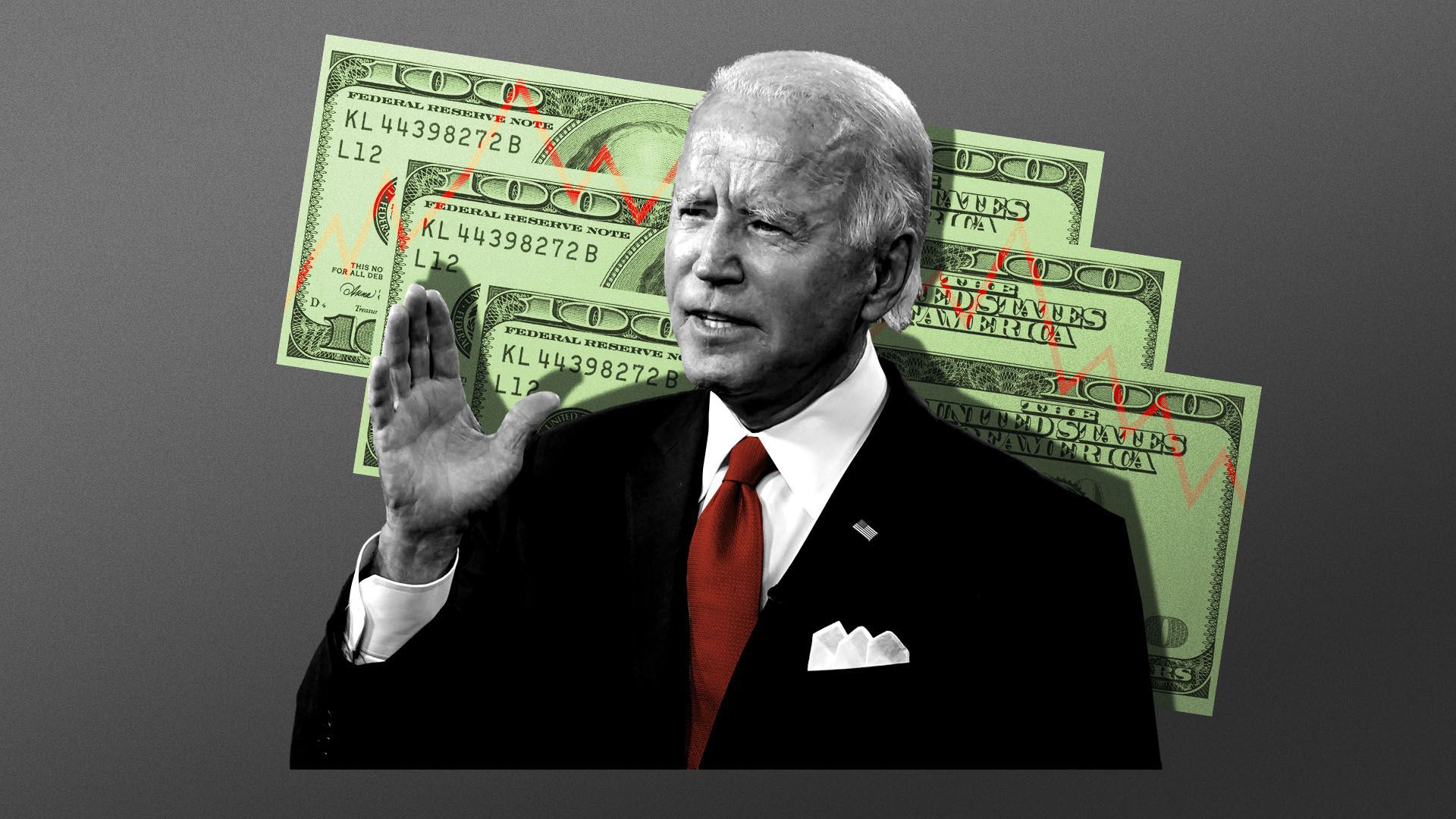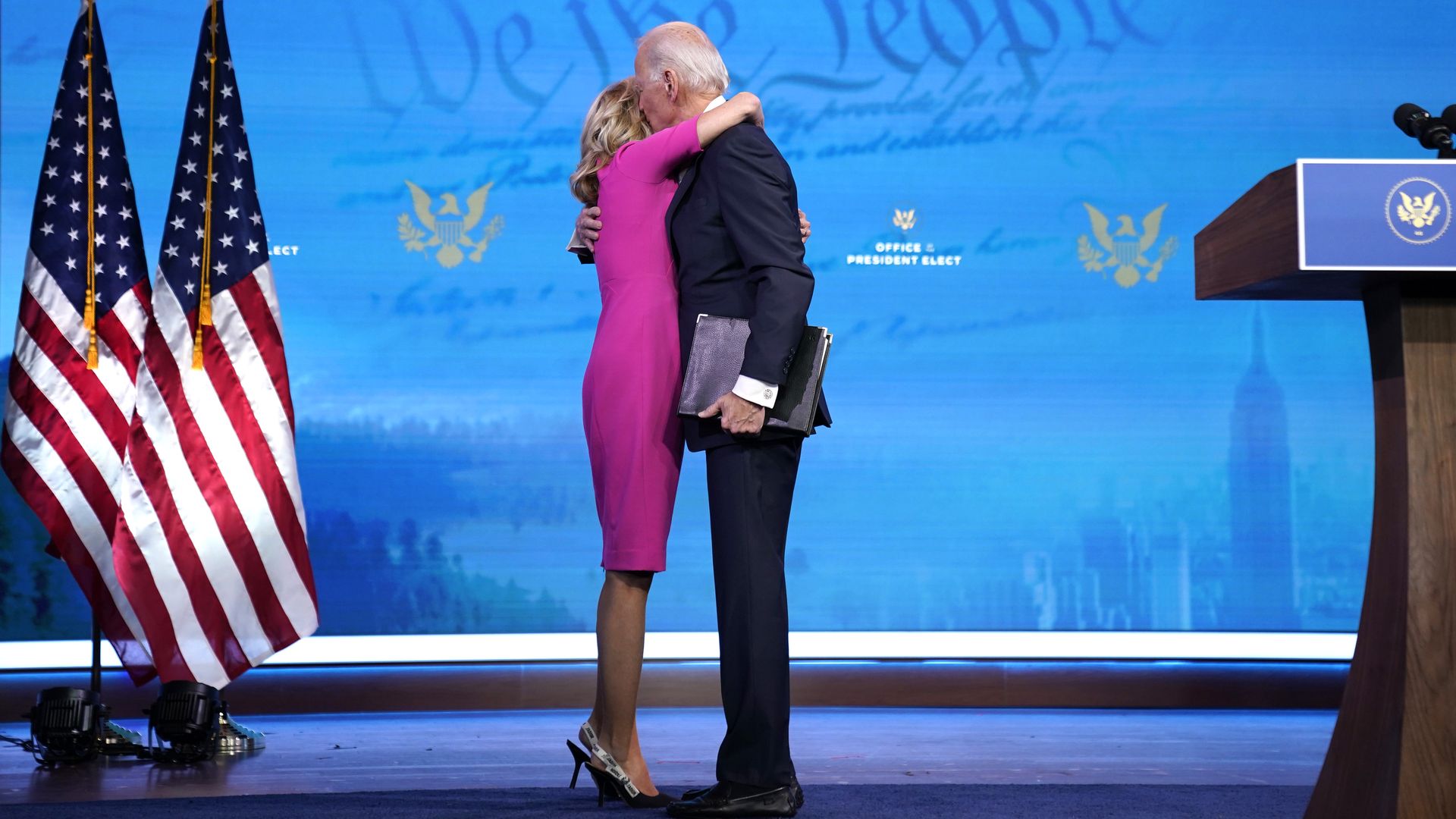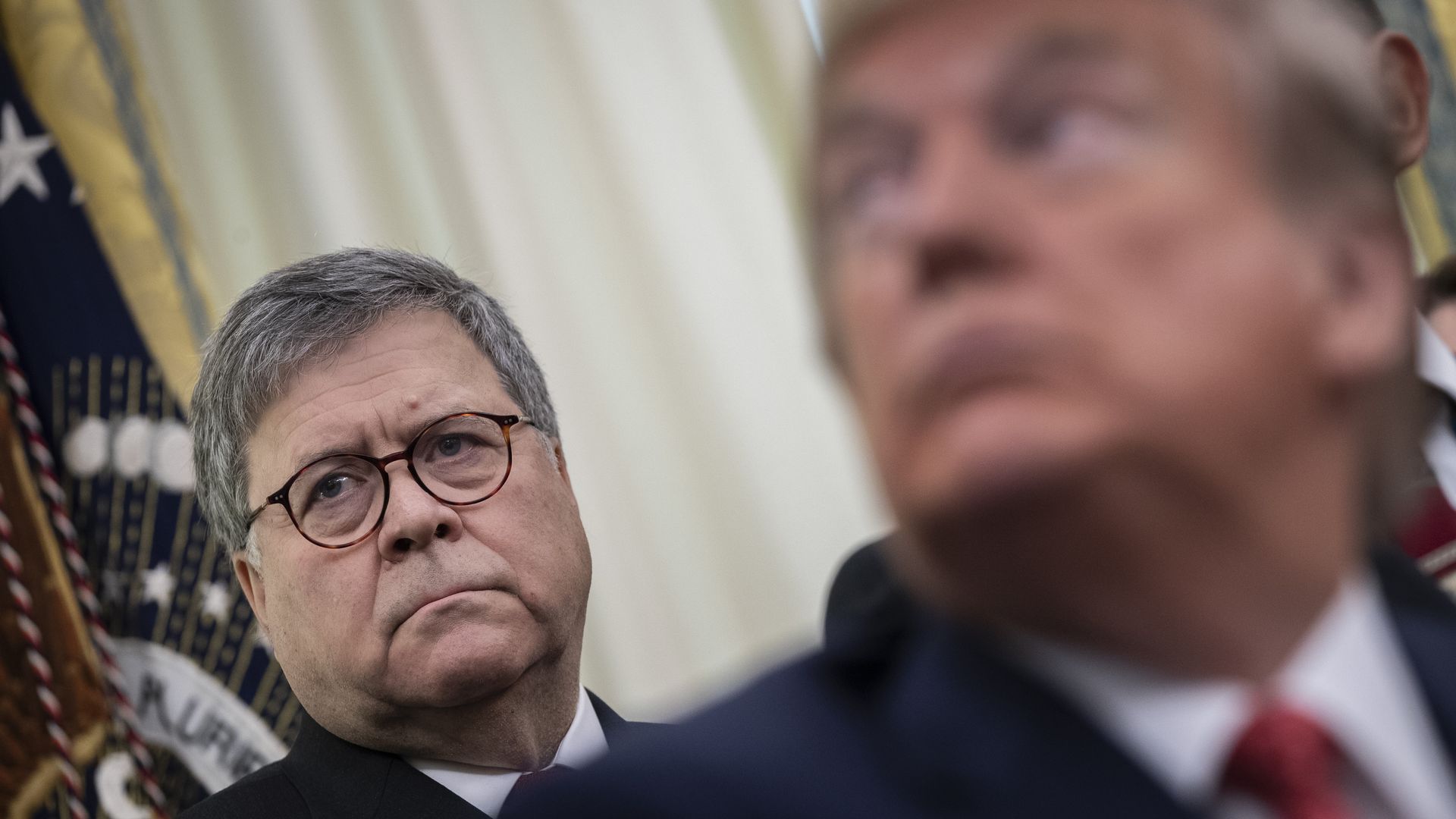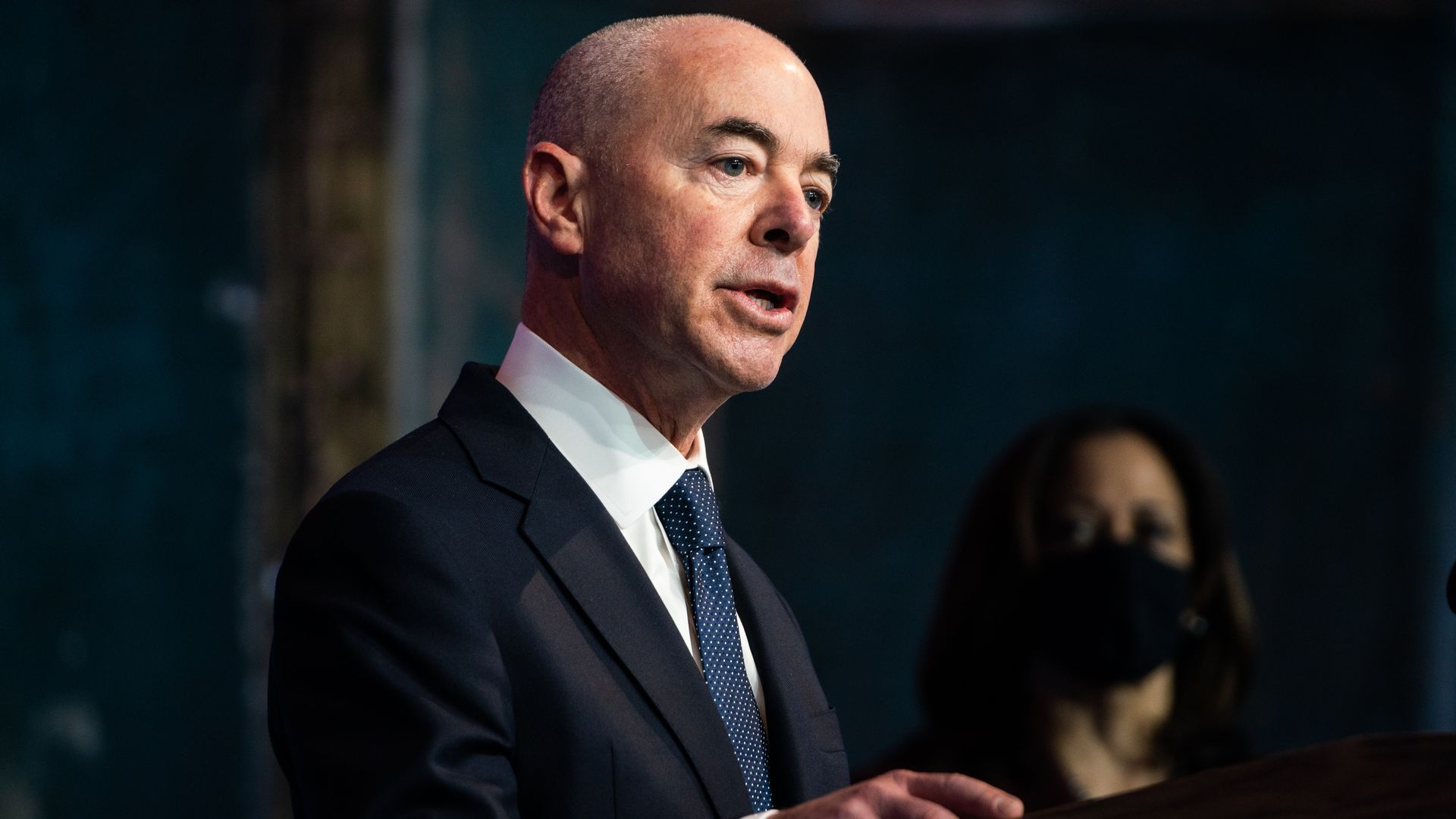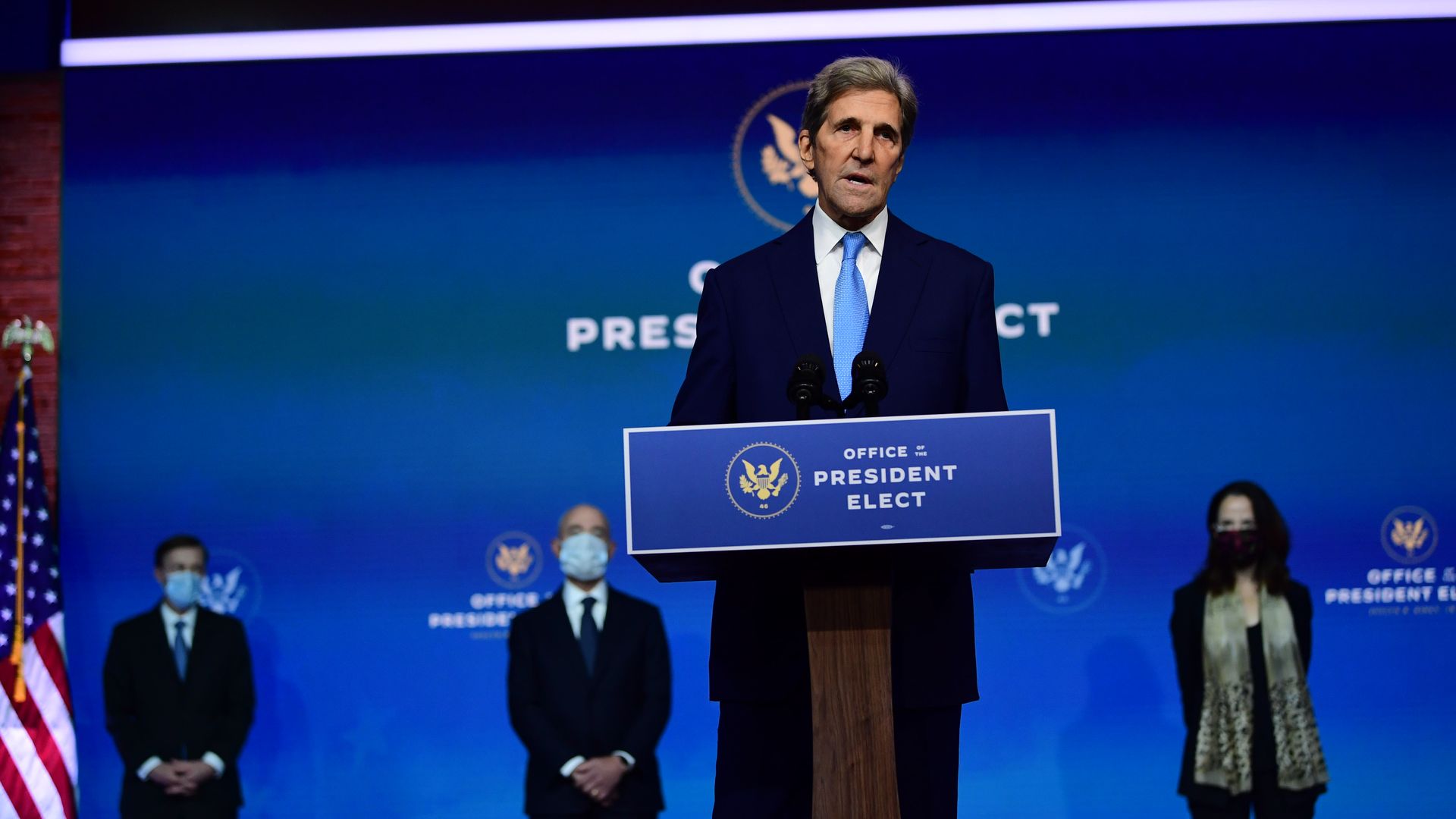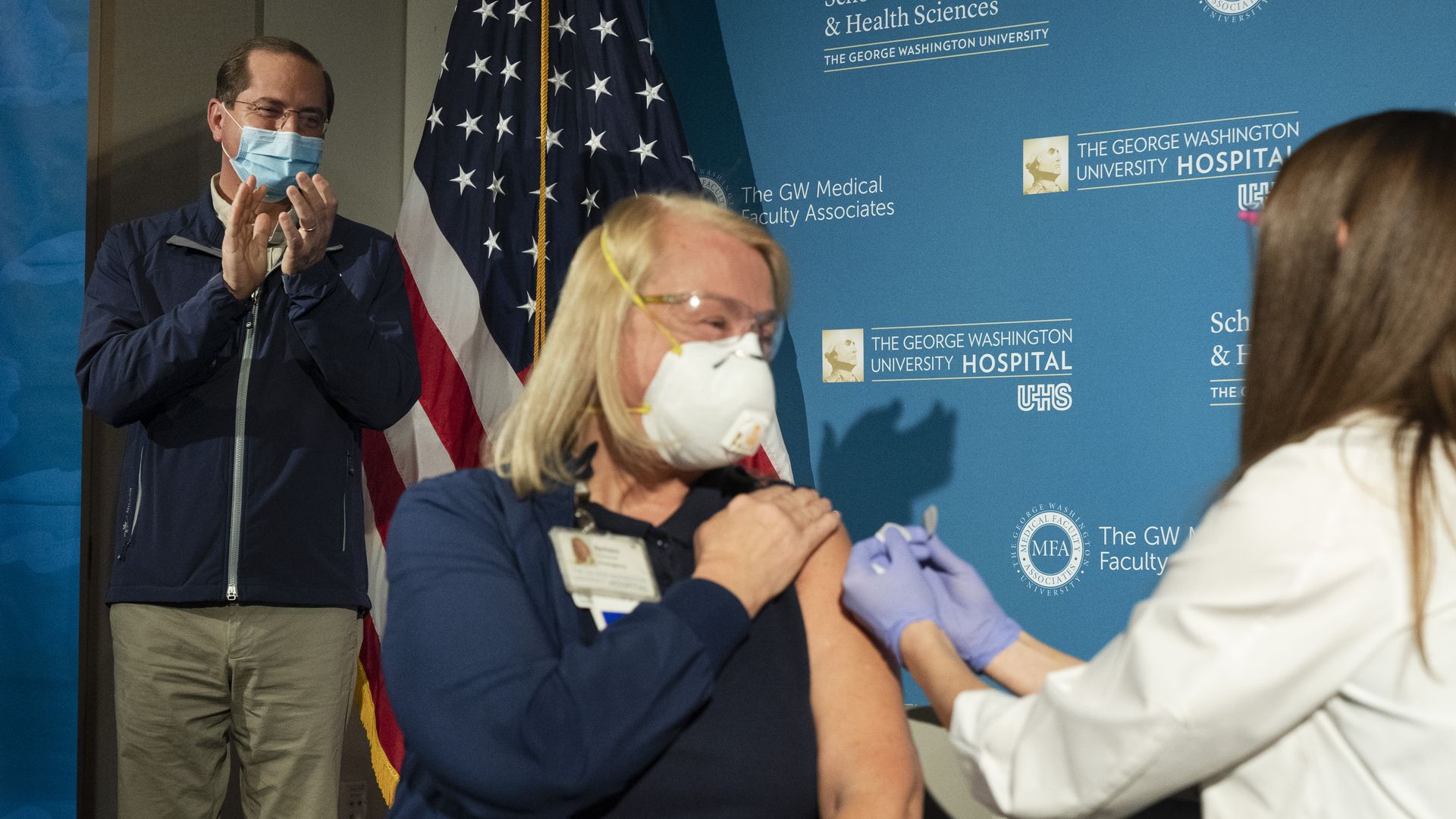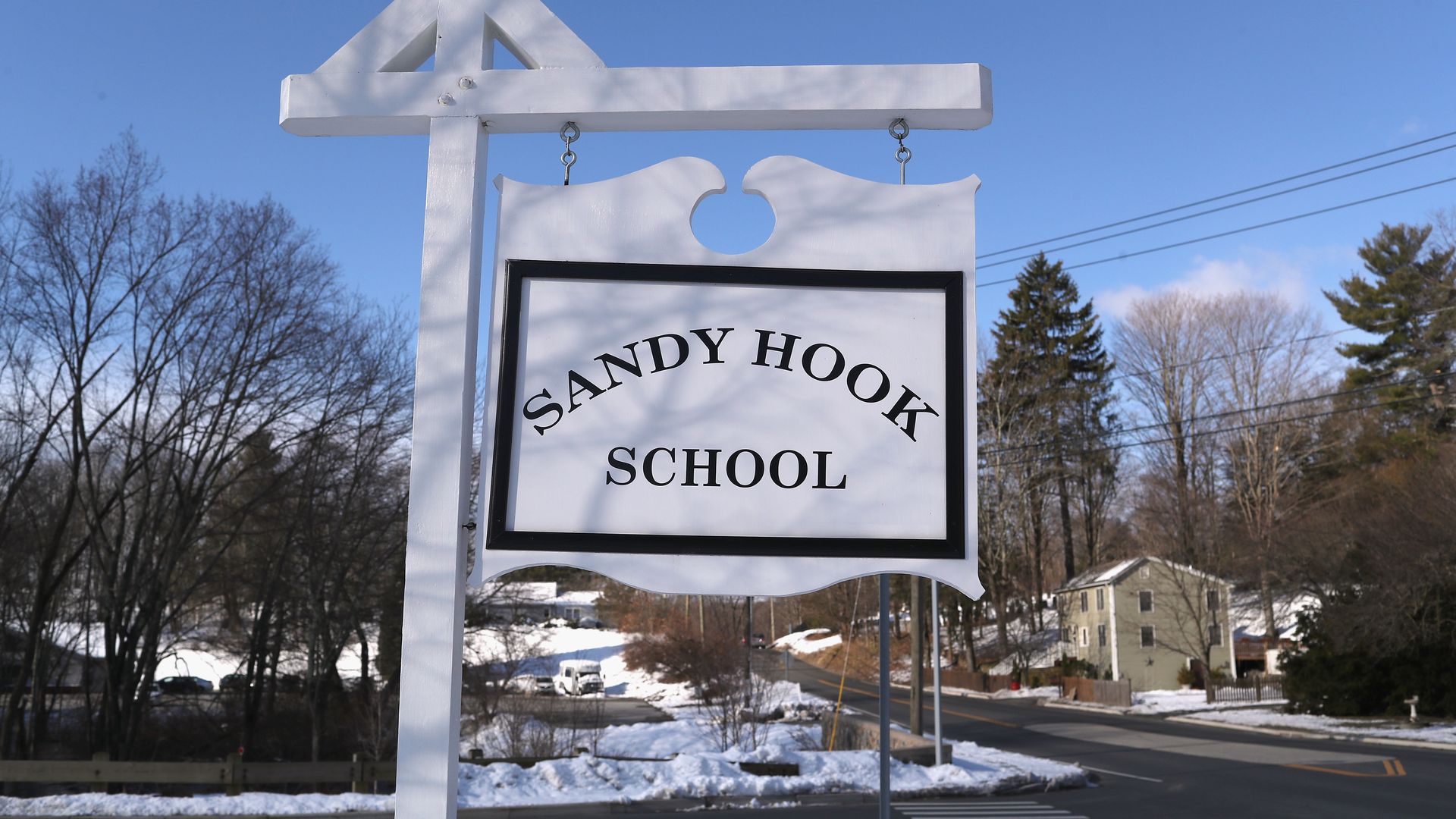1
I tried to see every movie. There was a time when I went every night of the week. I think the most I've seen in a day is four, I liked slipping into an alternative universe where I was accepted, into story, back when movies were movies, if you know what I mean. Maybe you don't. The seventies, which actually started in the late sixties in terms of film, with the auteur theory, were the heyday, the renaissance, "cinema" had not been this important since the thirties, and it never will be again, kind of like there will never be another Beatles. Cable TV was on the horizon, you could get HBO, but it was only old movies, there were no original projects. The heyday of TV started in 1999, with the "Sopranos," and it's still happening, although to this day the "Sopranos" is the best TV series ever in my mind. I could count the ways, but when Meadow snows her parents and gets them to agree to take away her credit card as punishment...that's what made the "Sopranos" great, the nailing of the human experience, life in these United States.
So, we went to see "Saturday Night Fever" the night it came out, forty three years ago on Wednesday, although December 16th was a Friday in 1977. Flicks opened in Hollywood and Westwood. Hollywood was seedy and Westwood was the epicenter of Los Angeles, where it was happening. We saw the movie in Hollywood, primarily because the time was right. I used to drive around town with the L.A. "Times" Calendar section in my car, just in case I got a hankering to see a movie.
And I didn't go to see "Saturday Night Fever" because of the Bee Gees, that had nothing to do with it. Nor was I intrigued by Vinnie Barbarino, aka John Travolta. No, it was Nik Cohn who got me to go see "Saturday Night Fever," he wrote the story it was based upon, "Tribal Rites of the New Saturday Night," which was a cover story in "New York" magazine. Cohn was a rock writer, back when you used to know their names. And "New York" had its finger on the pulse, that's where trends were cemented. It was "New York" that published Tom Wolfe's article on the Me Decade, Wolfe coined the term, it was. Also, by time we got to the mid-seventies, hedonism ruled. The Vietnam War was over, now it was about having fun.
So my girlfriend (who I'd gotten addicted to the flicks, our first date was a double feature at a revival house in Beverly Hills that turned into Fiorucci and last I checked it was a bank), and I drove to Hollywood, when you could still get a parking space on the street, laid down our cash, and sat on the aisle, stage right, about halfway back, and waited for the movie to begin. We did not buy popcorn, we did not get a drink, we sat through all the previews and then...
Travolta walked down the street, eating two slices of pizza one on top of the other, as this track played and...
I'd say the theatre was 1/16 full, if that. Travolta was a television performer and the director, John Badham, had no significant film credits and Karen Lynn Gorney was an unknown, and I realized I was experiencing something special, that I would tell everybody about, they had to see this movie.
It was pulpy, but somehow it captured boomer culture, even though years later Nik Cohn said he was on deadline and had made the whole thing up.
2
You can remember the first time you heard a hit record. I'm not talking about something Top Ten, I'm not even talking about a lot of number ones, but tracks that will sustain, that won't slip through the cracks, that will be with you, and the culture, forever.
That was "Stayin' Alive."
Sure, disco had started to crest two years previously, with Donna Summer's "Love to Love You Baby," but it was mostly a gay scene. It was parallel to rock and roll, but relatively small. I heard "Stayin' Alive" and it didn't even occur to me that it was disco, just that it was great. I didn't expect much from the Bee Gees. They'd had their time in the sixties, but their seventies output was spotty, singles in an album age, AM in the FM era, even though a few were undeniable. But the Bee Gees doing the soundtrack for a movie was about as enticing as...well, nothing, because we had no expectations at all.
The comeback had actually begun in 1970. With "Lonely Days." It had only been two years between smashes, but a lot had gone down in that time period, album rock ruled, AM was beginning to be sneered at, Eric Clapton and Jimi Hendrix and the rest of the gunslingers were bigger than the Bee Gees, and deservedly so, the axemen were not writing ditties.
But FM was not yet ubiquitous in automobiles, so in 1970 everybody still was exposed and knew those AM radio hits. And unlike what came before, "Lonely Nights" was not dreary, with Robin Gibb warbling, and when it changed tempo...
"Lonely days, lonely nights
Where would I be without my woman"
Not only was the chorus catchy, the harmonies were exquisite and we hadn't heard such an indelible horn part since "Penny Lane." And the last minute was akin to the end of "Hey Jude," the act threw in everything, from the aforementioned horn to strings and the track had the feel of a march and the lyrics were sung with emphasis, like this was important. You know how you love songs by acts you hate?
Not that I hated the Bee Gees from the start.
3
"New York Mining Disaster 1941" had a darkness absent from today's hit parade, followed by a jolly, rollicking verse and then back to... It was not a gigantic hit on New York radio, but I knew it.
As for "To Love Somebody"...it sounded English the way many records sounded in the mid-sixties, it was of a piece, but "Holiday" was not.
It was not like today, with gourmet food everywhere, at Bromley you got burgers and fries, overpriced and mediocre, although they did serve a giant doughnut and a giant cookie that were home runs, especially the doughnut, as big as a 45 RPM record, glazed, mmm...I can still picture it, as well as the nook around the corner, where the jukebox sat. This is where my mother stashed the lunch we had to eat instead of what was purveyed by the ski area. But this was also where the young people hung out, especially at the end of the day, when everybody was tired and the music resonated more. The big hits? "Cry Like A Baby," "I Can See For Miles," "Bend Me, Shape Me" and...
"Holiday."
This didn't sound like anything else on the jukebox, never mind the radio, this was unique. And the word "holiday" has an upbeat connotation, at no time was it ever used as a bummer, but this song was so downbeat, and the de, de's put it over the top.
Not quite as good, but still quite pleasing, was the follow-up, "Massachusetts." I mean how often do you get a track with the name of the New England state? Essentially never at this point. And the fact that this act from across the pond was singing about Massachusetts was cool, and dreamy, you could let your mind drift, which is part of what I like most about music.
But then the penny dropped, the screw turned, we got "Words," which I don't hate as much as its twin, Bobby Goldsboro's "Honey," but it was so sappy it was hard to take seriously, rock was testing limits, pushing the envelope, and this was a return to what once was, it could have even been released before the Beatles and hit.
And sure, "I've Gotta Get a Message to You" is better, but also damn sappy, and sing-songy and so basic...there was a war raging and it's like the Bee Gees existed outside the world of not only the draft, but drugs and everything else hip.
But then came the piece-de-resistance, one of the worst tracks of all time, that I had to endure on the radio, with the quivering vocal and the Lawrence Welkian stringed-instrument in the left channel and...all you could do was squirm and push the button, as fast as you could. But "I Started a Joke" was so big that we all made fun of it, and then, thank god, the Bee Gees disappeared.
Until the aforementioned "Lonely Days."
But then it was a return to sappiness, with "How Can You Mend A Broken Heart," this was the Bee Gees I despised, thank god they lived in the AM radio ghetto.
And it was five years before the Bee Gees had another hit, they were gone, hopefully for good, but then came "Jive Talkin'."
"Jive Talkin'" is not "Stayin' Alive" but it's not that far away. It wasn't exactly disco, which we were aware of at this point, at least many of us, but somehow you couldn't sit still while you heard it, it was positively MAGICAL! And what put it over the top were the unexpected changes and the unexpected sounds and every time I heard it over the sound system at Hollywood Sporting Goods I had a bounce in my step, I couldn't wait to hear it again, maybe the Bee Gees were back on track. But the follow-up, "Nights on Broadway," was not special, not quite as good, not quite there, kinda listenable, yet nothing you had to hear.
And then came "Saturday Night Fever."
I bought the double LP the next day, I had to be able to hear "Stayin' Alive," over and over and over again. And there was the reference to the "New York Times"...there was no chance you could die, never mind sleep while it was playing, you didn't want to. This is where music triumphs over all other art forms, one track can encapsulate life itself, take over your body and change your mood.
And "Saturday Night Fever" was not an instant smash. It grew. Back when films expanded their footprint into more theatres as opposed to being squeezed out a few weeks later for something new, you could see "Saturday Night Fever" the following March no problem.
But it was more than "Stayin' Alive." The first side of the first record was just smashes. "Night Fever" was nearly as catchy as "Stayin' Alive," and "How Deep Is Your Love" was a ballad, but it wasn't sappy like the product of yore, it was smooth, the vocal wasn't warbly, you weren't ashamed if you liked it.
And "More Than a Woman" had the soon to be tiresome falsetto, but the track had great changes, and despite having a disco feel at best it was disco-lite, it was closer to straight ahead pop.
And we knew Yvonne Elliman from her work with Eric Clapton, yet she'd had nothing close to a hit, but then came "If I Can't Have You." Which was high energy, with a vocal like she really meant it, especially on the choruses...IF I CAN'T HAVE YOU, I DON'T WANT NOBODY BABY!
4
"Saturday Night Fever" became a phenomenon, the film and the soundtrack, and sure, disco was boosted too. Like the deejay says in this documentary, the entertainment industry doubles down on anything successful, it doesn't let it breathe, it kills it.
And suddenly, there was another style of music with traction, that rivaled rock, that was taken seriously, and the rock fans didn't like it.
Rock was bigger than ever. This was the era of corporate rock. Radio stations were formatted with the hits by Lee Abrams, and in many cases the tracks played to the lowest common denominator, it was all about the money and the lifestyle...the plan was set in stone, put out an album, go on an endless tour, at first opening, build your fan base and then when your track gets on the radio! But it was happening ever faster, on debut records, and there was a backlash in the rock press. But the heartland ate it up. Meanwhile, disco sucked. But in the mid-seventies EVERYTHING sucked, it was a phrase you heard over and over again. At ski areas, SHORT SKIS SUCKED! It was about attitude.
Meanwhile, rock radio was a powerhouse, the biggest stations in the land. And Steve Dahl ruled Chicago and he blew up a bunch of disco records.
Let's go back to when this really happened. It wasn't seen as racist or homophobic, the biggest story was THE WHITE SOX HAD TO FORFEIT THE GAME! You didn't mess with baseball back then, just like you don't mess with the NFL today, ask the still jobless Colin Kaepernick. You can't mess with people's priorities, their beliefs.
But the truth is the Disco Demolition was a harbinger of the death of the music business, not only disco, sales faded, CBS Records laid off a ton of people and the record industry was in the dumper until the advent of MTV.
But it's fun to rewrite history. Like people liked the Beatles because it salved the wound of the death of JFK...NO WAY! It's just that the Beatles were GREAT, that engendered the mania.
And, by this point, with everybody on the bandwagon, a lot of disco sucked. It all sucked, which is why sales imploded. The music business had been figured out. And the music business generated more money than the movies or TV. So, the candle was flickering, if not completely extinguished.
5
The truth is the Bee Gees were their own worst enemies. "Spirits Having Flown" doubled down on the "Saturday Night Fever" sound when people were tired of it. Even worse was the continued use of the falsetto. Interesting at first, execrable over time. The Bee Gees played to the "Saturday Night Fever" fans, the casual music buyers. And they wore those white suits on tour...what did this have to do with rock and roll? NOTHING! And it was only rock and roll that had any legs. If you were an AM act, you lived and died by the hit. And the truth is, after the gobsmack of "Stayin' Alive," "Tragedy" was substandard, not quite tripe, but this is what you follow up with? And the rest of the album was not in the league of what had come before, that first side of "Saturday Night Fever." Radio played along at first, just like it played Peter Frampton's "I'm In You," but the active fans were done, kaput. Meanwhile, the music industry cratered and when it came back it was attributable to the English New Wave bands, from Soft Cell to Human League to Culture Club and...they all had edges, in personality if not music, they were pushing the envelope, while the Bee Gees were pushing pabulum.
6
But you should watch this documentary, definitely. Just don't buy it hook, line and sinker. Like Barry Gibb says in the beginning, it's his perspective. Unfortunately merged with director Frank Marshall's perspective. Watching this doc you'd think that the Bee Gees were one of the biggest acts of the sixties, engendering mania! Girls swooning... I'm sure there were a couple, but the truth is the Bee Gees were a second-tier act, albeit in the heyday of Top Forty radio, when the competition was stiff. They stood for nothing, were making no statements, the Bee Gees were a singles band as it quickly became about album acts. The only time the Bee Gees were dominant was during the period of "Saturday Night Fever." And sure, the death of disco might have hurt them, but like I said before, they lost their mojo, they couldn't get back to the peak. How do you follow up "Hotel California"? The Eagles ultimately released the "Long Run," but the long drawn out process broke up the band, they were not brothers. Eventually Don Henley clicked with "Boys of Summer" and "Heart of the Matter" and more, but this was when the mania was gone, the focus was no longer on him, when he still had something to prove. And with nothing to prove, you're toast, you can't reach the brass ring anymore.
As for all those songs written for others?
Kudos. You did it. But I don't think I've ever listened all the way through "Islands in the Stream."
Maybe Frank Marshall was never hip. Maybe he just couldn't resist hagiography. The Bee Gees were never the force he depicts, never, except for that late seventies "Saturday Night Fever" moment.
But the footage, of yesterday, is worth the price of the subscription right there!
And the insights into the family bond...
However, how come all music documentaries have to feature modern wankers testifying? Do I really care what Chris Martin has to say about the Bee Gees? Even worse, Justin Timberlake. Sure, Noel Gallagher can testify as to brothers, that was ultimately worth it, but I'd have been more interested in hearing from those who were there back then. But that's not sexy enough to make a deal. You've got to deliver those eyeballs. But it's this compromise that ruins art.
But you get more than a glimpse of the creative process. That's the best part of the whole documentary, how the boys create these songs, in the studio, their inspiration.
And the Bee Gees MUST be lauded for coming back, by REINVENTING THEMSELVES!
Most of the biggest never did. But to matter in the future you've got to do it differently. But your audience might hate you. I guess that helped the Bee Gees, they didn't have much of an audience, furthermore their backs were against the wall.
Is it a tragedy that the Bee Gees' moment is done?
No.
But it is a tragedy Robin and Maurice are both dead. Twins dying before their time, very strange.
As for Andy Gibb...it's tragic he O.D.'ed, but I can survive the rest of my life quite nicely without hearing any of his records. As a matter of fact, I don't know if I've ever heard any of them all the way through, they were AM fluff when I never ever listened to that band. This is another thing that bothers me... The "Billboard" Hot 100 of the sixties? Very important. But the Hot 100 of the seventies, in many cases disposable dreck. I mean who was still listening to AM radio? Those without a clue, casual fans at best.
But the Bee Gees were there, I know these records. And as I stated above, some are SPECTACULAR! And to create spectacular work is incredible.
But almost all of them have no meaning. They ultimately slide right off of you.
Except for "Stayin' Alive."
"Well you can tell by the way I use my walk
I'm a women's man, no time to talk"
The sixties were all about us versus them, hipsters versus rednecks, the cool versus the uncool. But by time we hit the seventies we were all in it together. The reason Nik Cohn's article and the resulting film resonated was because it was about the individual, what it was like trying to figure out your life, from your perspective, we all struggle.
"Whether you're a brother or whether you're a mother
You're stayin' alive, stayin' alive
Feel the city breaking and everybody shaking, people
Stayin' alive, stayin' alive"
Sounds like Covid to me! The Bee Gees captured the zeitgeist, which is nearly impossible to do.
"Life's goin' nowhere, somebody help me
Somebody help me, yeah"
Personal direction. Do you have the guts to get off the path, to fulfill yourself as opposed to your parents? That was the question in the seventies, today it's about basic survival. There were not billionaires back then, rock stars were as rich as anybody in America, CEOs made less.
"Music loud and women warm
I've been kicked around since I was born"
This is not far from the rock ethos. Only unlike the rockers, the disco acolytes did not sit on the couch, lie on their backs stoned, they got up, they got out of the house, they got up close and personal with the same and the opposite sex, the smells, the mental connection, body on body, that happened on the dance floor, that was one of its appeals.
And it's a brilliant track. The riff, the hook, the sweeping strings and that Barry Gibb falsetto, when it was brand new. And like so many of the great tracks of all time, the ones labored over in the studio as opposed to those cut in a flash, it's the little flourishes that put the cut over the top. And one of the most magical elements of "Stayin' Alive" comes just after 3:40, when there's a short break and then a couple of drum hits, they only last a couple of seconds, but they're why I can never turn the track off when I hear it on the radio, those notes are so perfect, so right, they keep me stayin' alive.
--
Visit the archive: lefsetz.com/wordpress/
--
Listen to the podcast:
-iHeart: ihr.fm/2Gi5PFj
-Apple: apple.co/2ndmpvp
--
www.twitter.com/lefsetz
--
If you would like to subscribe to the LefsetzLetter,
www.lefsetz.com/lists/?p=subscribe&id=1
If you do not want to receive any more LefsetzLetters, Unsubscribe
To change your email address this link





